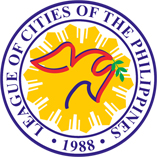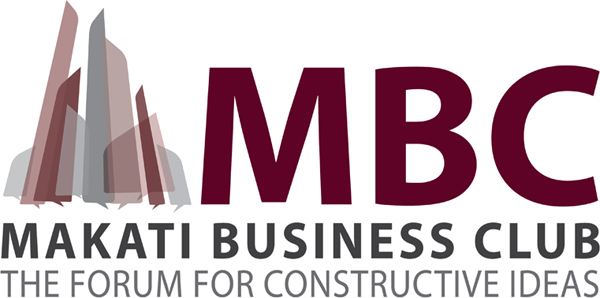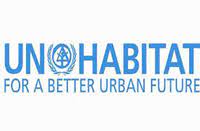Digital experts call on multi-stakeholder collaboration to build future local tech hubs
Over the last two years, the world has experienced an accelerated shift towards digital innovation. The COVID-19 pandemic has redefined the future of work where schools, universities, businesses, and even governments have shifted their enterprises to online and digital platforms. Emerging trends such as the gig economy, online learning, hub-and-spoke office models, and even e-commerce are now changing the game. As technology continues to develop, what must LGUs do to prepare for this digital wave? What kind of digital blueprint must be ready to build a 'smart,' digital city?
To address this, Liveable Cities Philippines, in partnership with Globe Telecom and the League of Cities, organized the 8th Lab of the year on July 20 featuring experts from the IT-BPM sector to discuss how cities can be digitally transformed into innovative hubs run by data-driven systems, digitally-enabled businesses, and skilled talent.
Guest speakers included were DICT Secretary Ivan Uy, Mayor Nicholas Yulo of Bago City, President Jack Madrid of IBPAP Philippines, David Leechiu, CEO of Leechiu Property Consultants, Founder and CEO Jonathan De Luzuriaga of Spring Valley, and Regulatory Development Strategy Head Manny Estrada of Globe Telecom.
DICT Secretary Uy announced that the Digital Cities 2025 initiative was launched to strengthen local economies by highlighting the capabilities of other cities outside Metro Manila and developing the IT-BPM sector's potential nationwide. “A Digitized Philippines is formed by digital cities that are innovative, self-sufficient, and thriving business districts,” says Secretary Uy.
Jonathan de Luzuriaga of the Philippine Software Industry Association and Spring Valley highlighted four core elements that a digital city must have: talent capacity, cost efficiency, infrastructure and connectivity, business environment, and able supporters. He has established his digital township project called Spring Valley in Bago City, Negros Occidental. “We have to make academe, government, and industry collaborate if you want your city to become a significant player in this industry,” says Spring Valley Founder and CEO Jonathan De Luzuriaga.
Bago City’s Mayor Nicholas Yulo has taken great strides in implementing e-governance in the city. At the height of the pandemic, Mayor Yulo has already automated government transactions in tax collection and business permits, created contact tracing applications, installed surveillance cameras in establishments, and launched a health teleconsultation program in the city. “Bago City’s quest for improvement and progress does not waver. We will continue to work with development partners towards achieving greater heights in ensuring that the best government service is offered to our citizens,” the Bago Mayor concluded.
IBPAP President Jack Madrid zeroed in on the importance of the IT-BPM industry as the pillar of the economy as it accounted for almost $30 billion in revenue and a total headcount of 1.44M Filipino employees in 2021. He emphasized that “the industry has been instrumental in preserving jobs, generating new skills and opportunities, enhancing countryside development, and driving investments and demand for real estate. These are the unequivocal contributions of the industry in our task in nation-building.”
“The IT-BPM sector is one of the country’s biggest industries leading the demand for office space accounting for 212,000 sqm in the second quarter of 2022,” said CEO David Leechiu of Leechiu Property Consultants as he provided a market overview of office demand in and outside Metro Manila, most of which are dominantly occupied by the BPO industry - therefore, strategically creating more jobs, opportunities, investments, and demand for other businesses in all parts of the country. “These work-from-home setups, hybrid workspaces, hub and spoke models of real estate acquisitions, and empowering employees to give them what they want are driving more jobs to the countryside.”
But the key to strengthening the IT-BPM sector is people - building a fully-equipped, digital workforce through education and skills development. To bridge the skills gap, government, business, and academe must collaborate and adopt a culture of learning to continuously adapt to the evolving nature of technology, embrace innovation, and challenge the status quo.
“The challenge that remains is skills development. We can digitize all we want, but without talent and people, we won’t be able to attract business and build competitive, digital cities,” Liveable Cities Philippines Chairman Guillermo Luz concluded.
The Liveable Cities Lab is a series of webinar sessions where experts and mayors exchange knowledge and insights to help cities design better solutions for their communities.











